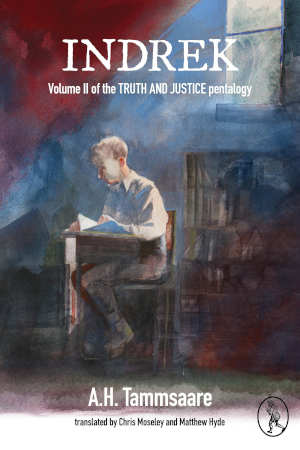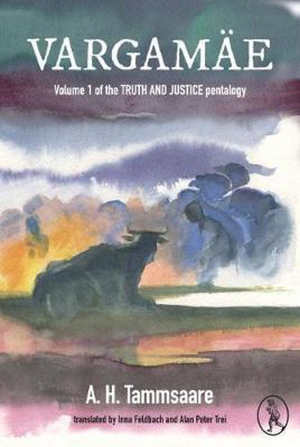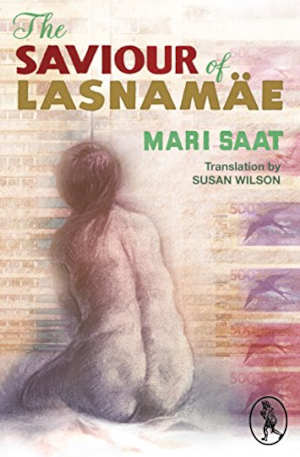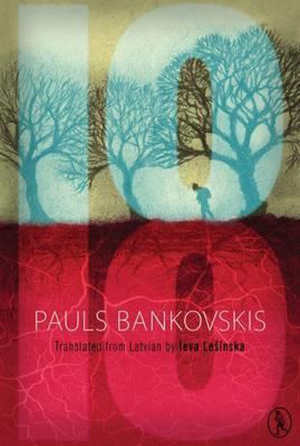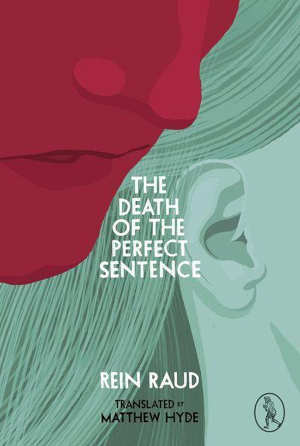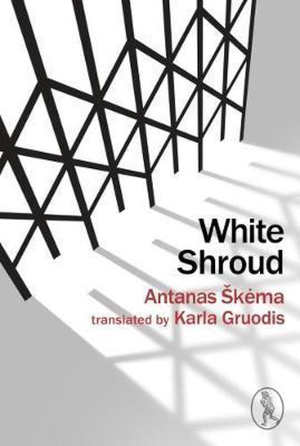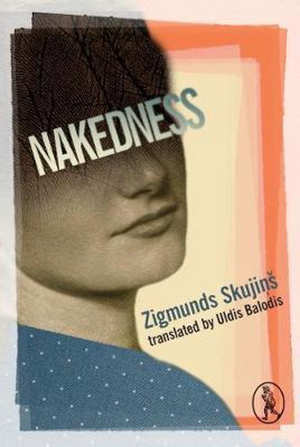Allan Cameron A Woman’s War against Progress recensie en informatie over de inhoud van de Siberië roman. Op 2 oktober 2023 verschijnt bij uitgeverij Vagabond Voices de roman van de Britse schrijver Allan Cameron. Er is geen Nederlandse vertaling van het boek verkrijgbaar of aangekondigd.
Allan Cameron A Woman’s War against Progress recensie en informatie
Als de redactie het boek leest, kun je op deze pagina de recensie en waardering vinden van de roman A Woman’s War against Progress. Het boek is geschreven door Allan Cameron. Daarnaast zijn hier gegevens van de uitgave en bestelmogelijkheden opgenomen. Bovendien kun je op deze pagina informatie lezen over de inhoud van de nieuwe roman van de Britse auteur Allan Cameron.
A Woman’s War against Progress
- Auteur: Allan Cameron (Engeland)
- Soort boek: Siberië roman
- Taal: Engels
- Uitgever: Vagabond Voices
- Verschijnt: 2 oktober 2023
- Omvang: 390 pagina’s
- Uitgave: paperback
- Boek bestellen bij: Amazon
Flaptekst van de Siberie roman van Allan Cameron
The Surelikud are a minority people living near or in the Siberian Forest, and against the backdrop of the Soviet Union and post-Soviet Russia, it is their culture Rahväema Ranavutavskaya becomes involved in the struggle to maintain. Her career takes her to the leadership of the movement twice and is full of reversals and distractions – including two unhappy marriages – that alienate her not only from her family but from the very people for whom she is battling. She is imperious, but her imperiousness is measured and modest. She is resilient, and on the point of near-complete defeat she has been able to achieve enormous success, though at no small cost to her and her cause.
Now Rahväema is dictating her novel to “the scribe”: a younger campaigner who is both friend and bitter rival keen to replace her as leader. This methodology creates a degree of spontaneity and a generational dialogue between her and the scribe. She is writing with a purpose, not purely for her own posterity but mainly for a new understanding she has developed in old age – one that is as universalist as her former campaigns were focused solely on the Surelikud. But Rahväema is not a reliable narrator, as she herself sometimes appears to suggest, and her story leaves many questions. Who are this Halvatud and Kurat that she alludes to throughout her story, if they exist? Is she playing with civilisation’s concept of good and evil, saying that only when we are surrounded by evil do we have to have recourse to the idea of goodness?
To some degree this is a political novel, but much more than that it is a novel about political activism: its sacrifices, its perilous nature, and its tendency in success to corrupt and undermine an activist’s sense of self.


